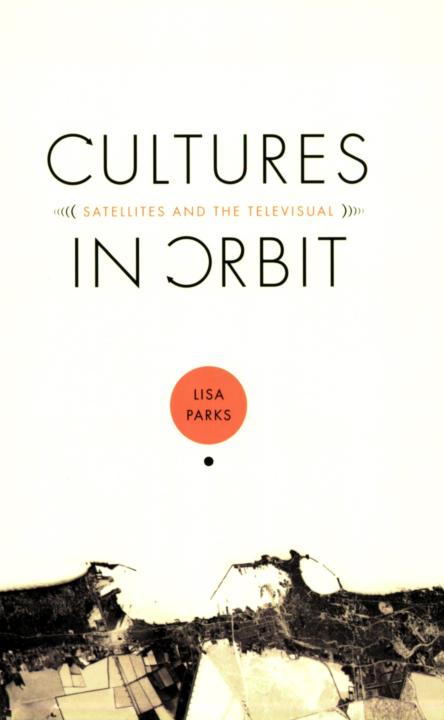Ruth First (1997/2012)
Filed under book | Tags: · activism, africa, apartheid, biography, communism, democracy, journalism, politics, race, south africa

“The struggle to free South Africa from its apartheid shackles was long and complex. One of the many ways in which the apartheid regime maintained its stranglehold in South Africa was through controlling the freedom of speech and the flow of information, in an effort to silence the voices of those who opposed it. United by the ideals of freedom and equality, but also nuanced by a wide variety of persuasions, the ‘voices of liberation’ were many: African nationalists, communists, trade-unionists, pan-Africanists, English liberals, human rights activists, Christians, Hindus, Muslims and Jews, to name but a few.
The Voices of Liberation series ensures that the debates and values that shaped the liberation movement are not lost. The series offers a unique combination of biographical information with selections from original speeches and writings in each volume. By providing access to the thoughts and writings of some of the many men and women who fought for the dismantling of apartheid, this series invites the contemporary reader to engage directly with the rich history of the struggle for democracy.
This volume presents a brief biography of Ruth First, followed by a selection of her writings as a political activist, scholar and journalist. The book presents a timeline summary of significant events in Ruth’s life within the context of major socio-political events of the time. It concludes with a reflection on her legacy from a current perspective and offers a further reading list.”
Compiled by Don Pinnock
Publisher HSRC Press, Cape Town, 1997
Second edition, 2012
Voices of Liberation series, 2
Open access
ISBN 9780796923592
vii+182 pages
Commentary: Ruth First: lessons for a new generation of African scholars (Tebello Letsekha, DEP, 2014).
Ruth First Papers
PDF chapters (bibliography missing)
single PDF (complete)
Lisa Parks: Cultures in Orbit: Satellites and the Televisual (2005)
Filed under book | Tags: · archaeology, art, body, journalism, mass media, satellite, space, technology, television, vision

“In 1957 Sputnik, the world’s first man-made satellite, dazzled people as it zipped around the planet. By the beginning of the twenty-first century, more than eight thousand satellites orbited the Earth, and satellite practices such as live transmission, direct broadcasting, remote sensing, and astronomical observation had altered how we imagined ourselves in relation to others and our planet within the cosmos. In Cultures in Orbit, Lisa Parks analyzes these satellite practices and shows how they have affected meanings of “the global” and “the televisual.” Parks suggests that the convergence of broadcast, satellite, and computer technologies necessitates an expanded definition of “television,” one that encompasses practices of military monitoring and scientific observation as well as commercial entertainment and public broadcasting.
Roaming across the disciplines of media studies, geography, and science and technology studies, Parks examines uses of satellites by broadcasters, military officials, archaeologists, and astronomers. She looks at Our World, a live intercontinental television program that reached five hundred million viewers in 1967, and Imparja tv, an Aboriginal satellite TV network in Australia. Turning to satellites’ remote-sensing capabilities, she explores the U.S. military’s production of satellite images of the war in Bosnia as well as archaeologists’ use of satellites in the excavation of Cleopatra’s palace in Alexandria, Egypt. Parks’s reflections on how Western fantasies of control are implicated in the Hubble telescope’s views of outer space point to a broader concern: that while satellite uses promise a “global village,” they also cut and divide the planet in ways that extend the hegemony of the post-industrial West. In focusing on such contradictions, Parks highlights how satellites cross paths with cultural politics and social struggles.”
Publisher Duke University Press, 2005
ISBN 0822334615, 9780822334613
256 pages
Review (John Cloud, Technology and Culture, 2006)
Review (Howard Fremeth, Topia, 2006)
Review (Gerald Sim, Screening the Past, 2006)
Review (Fredessa D. Hamilton, The Communication Review, 2007)
Notes from Lisa Parks’ 2008 talk on satellite art (Regine Debatty, We Make Money Not Art)
Alice Růžičková: Český dokumentární film v 80. letech: “Originální Videojournal” (2000) [Czech]
Filed under thesis | Tags: · 1980s, activism, communism, czechoslovakia, documentary film, ecology, journalism, politics, television, video, video activism

The diploma work of Alice Růžičková entitled The Czech Documentary Film in the 1980s: “Original Videojournal” analyses the origin and history of the Czech underground audiovisual periodical, produced between 1987 and 1989 by a group of Czech dissidents including Olga Havlová, Michal Hýbek, Pavel Kačírek, Jan Kašpar, Andrej Krob, Jan Ruml, Joska Skalník, Andrej Stankovič, and many others.
In the late 1987, an idea was born to not only send the video shots documenting the Czechoslovak dissident activities abroad, but also to produce a programme for the domestic audience. With the financial aid from the Czech exile centers abroad (Foundation of Charter 77, ČSDS – Czechoslovak Documentary Centre), the “Original Videojournal” editorial group acquired a video tape recorder Sony Video-8. This led to the production of video news from the dissident and alternative culture, covering political and ecological issues from the “unofficial” perspective.
The thesis first locates the origin of the journal among diverse groups in Prague, Brno and other places. Further, it contains an analysis of seven regular and two thematic programmes produced before November 1989, followed by nine special volumes made during and shortly after the 1989 revolution.
Attachments include a correspondence between Václav Havel and František Janouch, reflections about the Journal in printed underground zines, related historical texts, bibliography from the Libri Prohibiti database, script of the documentary film Zblízka Originální videojournal (dir. Alice Růžičková, 1998), and photographic documentation.
Master thesis
FAMU (Film and TV School of Academy of Performing Arts), Prague
Supervisor: Marie Šandová
78 pages
Czech TV programme series about Original Videojournal, 20 episodes, 26 min. each, 2011–2012
Original Videojournal at Monoskop wiki

